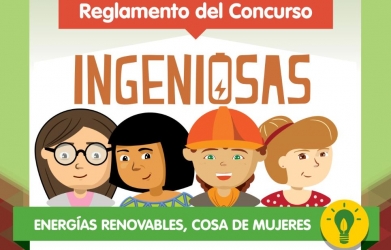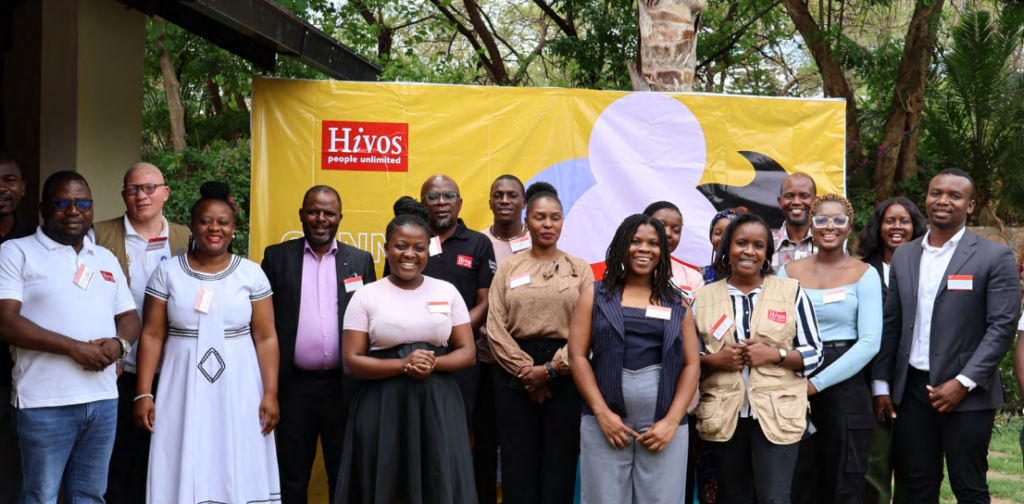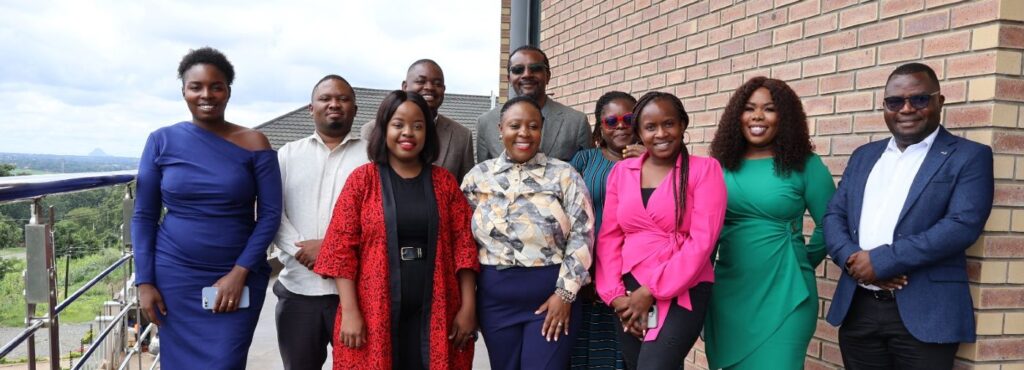A proposal from Costa Rica and another from Nicaragua have won the “Ingeniosas” (Ingenious Women) contest, which rewards innovative women in the area of renewable energy in Latin America.
“Ingeniosas” was organized by Hivos and the Global Gender Bureau of the International Union for Conservation of Nature (IUCN) to promote the creative and innovative role of women in the fields of clean energy use and creation.
Forty-three proposals from countries such as Guatemala, El Salvador, Honduras, Nicaragua, Costa Rica and Peru vied for the 6000 euro prize awarded in the “Technological Innovation” and “Social Innovation” categories. The selection committee weighed the emphasis placed by each project on: the leading role of women, innovation, replicability and feasibility.
Women doing the pedaling
Nicole Landau’s proposal from Nicaragua won the Social Innovation category. The aim of her project is to transfer knowledge about renewable energy to young and adult women from rural communities through workshops on the design, creation and maintenance of bicycle-powered machines.
Such a machine is built by recycling old bicycles to generate energy using the motion of pedaling. These machines make household chores and field work easier because they can be used to power anything from water pumps to washing machines.
Landau’s training workshops empower women as designers and creators, teaching them to design, cut, build, polish, weld, paint and assemble the different components of the bike-machines.
Transforming humidity into energy
The award in the “Technological Innovation” category went to Costa Ricans
María Paula Castro Castro and Krystel Raquel Barboza Bolaños for their project “Actuator polymer sheet operated by water gradients to generate energy”.
This consists of the design of a sheet whose chemical properties allow the absorption of water vapor and humidity from the atmosphere to be used to create electrical energy. The absorption process causes the sheet to change shape, thereby producing mechanical energy that can in turn be transformed into electrical energy through a piezoelectric material.
Implementation time
The winners of the “Ingeniosas” contest now have to implement their proposals within a three-month period with an eye toward replicating their projects in various countries in the region.
Lee la nota en español




